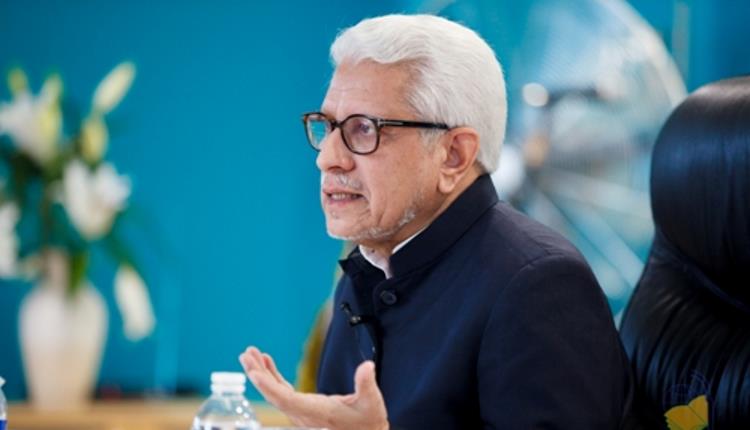The Sorry State of Our Religiosity
The program came to an end. No sooner did Mr. Javed Ahmad Ghamidi descend from the altar of the stage, a man went after him in pursuit. He had a religious journal in his hand; bringing it closer to Mr Ghamidi, he expectantly exclaimed: “Look, what Mawlana Taqi Usmani has written: It is permissible to write Qur’anic text with urine!” Mr Ghamidi had a cursory look at the person. Without bothering to take the journal from his hands for getting a confirmation of what he had said, he proceeded ahead, giving his clear verdict on the issue: “The Mawlana cannot possibly say anything like that.”
I am personally a witness to the above-quoted incident which took place in the recording room of Geo Television. It happened during a period when a strong campaign had been launched against Mawlana Taqi Usmani by his detractors. And it wasn’t a movement based on mere speculative allegations: His critics were supporting their allegations with ‘proofs’ from his writings. However, Mr Ghamidi brushed aside the very possibility of entertaining the idea of carrying any ill-feeling against a respected fellow scholar. His response served me with an effective lesson on how a scholar acting as a representative of the prophet, may Allah’s mercy be on him, should stand tall, far above the petty immoral rivalries, which one sadly witnesses amongst the present-day ‘competing adversaries.’ The behaviour of Mr Ghamidi reminded me that in Surah Nur (twenty-fourth chapter of Qur’an), while commenting on the circumstances surrounding the false allegations raised against Ayesha, the wife of the prophet, the Almighty had emphasized upon Muslims not to entertain negative thoughts about fellow believers.
I had a similar experience some while earlier too when there were allegations brought before Mr Ghamidi against another prominent scholar. Don’t ask what those allegations were, because there could be few charges more horrible than the ones made against that scholar. Had Mr Ghamidi desired, he could have launched a campaign to malign him on the basis of those charges. However, he did what was befitting for a scholar representing Islam: He didn’t allow the allegations against his contemporary scholar to go beyond him, even though the beneficiary of his magnanimous act was a person who had, as if, sworn it as one of the goals of his life to malign Mr. Ghamidi as an evil worthy of being eliminated.
People ask me if Mr Ghamidi had authored the script of a film; if he responded to the challenge of Qur’an by authoring a Qur’an-like text; if he received funding from the government; if he was against Jihad; if he believed the Bible to be the source of Islamic teachings instead of Qur’an; and many other similar questions. When I ask them as to who was the person they picked these pieces of information from, they mention the names of a religious journal, a religious personality, or a religious scholar. Such is the state of our present-day religiosity!
People say that our biggest problem is the US, or the disputes of Kashmir and Palestine, or the scourge of proliferating obscenity. Instead, I strongly believe that our biggest problem is our morally bankrupt religiosity which is all the time eager to wage a jihad on others to implement Islam but it is never able to see the worst kind of moral evils in their own ranks. It is able to see even in pitch darkness the conspiracies hatched against Islam by the Jews and Christians, but it is never able to see the deceptions of Satan playing havoc with their own souls even in the light of the Qur’an and the model of the prophet. It has guns in its hands, and religious slogans on its tongues, but their hearts are devoid of God’s fear and their characters are uninfluenced by the grace of the prophet’s personality.
Quite often I think that if Muslims are facing God’s wrath, there was nothing else causing it to happen save the manifestation of the Almighty’s justice. If people of such character are representing the leadership of Islam and the common man is content with following them in large numbers, the Almighty, it seems, is content with the destruction and ignominy of Muslims. God has no blood relations with any nation. He deals with all peoples on merit. If the torch-bearers of Islam and the representatives of the prophet, Allah’s mercy be on him, are people of such low character, then be sure that the decline of Muslims is not coming to an end as yet. As long as the character of Muslims in general and their leadership in particular would not change, neither their present nor their future would change.
Author: Rehan Yusufi , Translated in English by: Dr Khalid Zaheer

